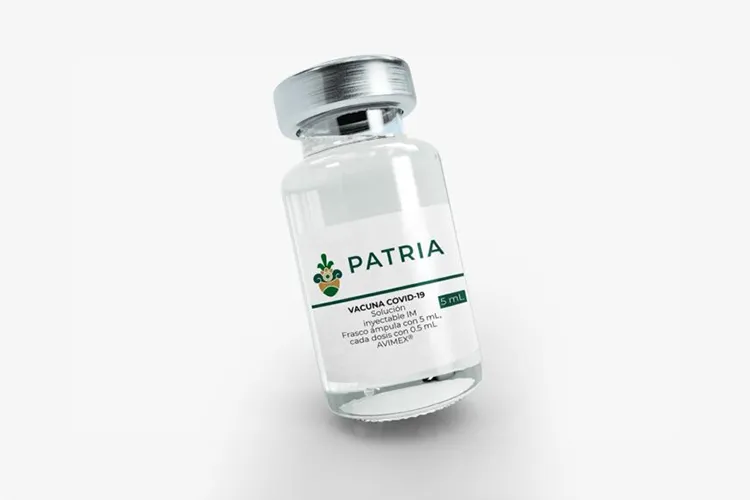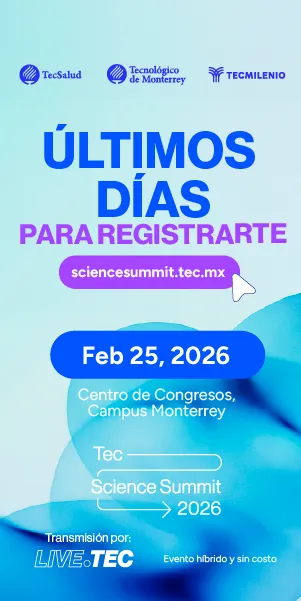In February 2021, the Mexican government announced the production of a domestic Covid-19 vaccine, and just last week, after nearly three years, the New Molecules Committee of the Federal Commission for Protection Against Sanitary Risks (COFEPRIS) deemed it “safe.”
The pharmaceutical company chosen to develop the vaccine was Avimex, which operated with funding from the National Council of Humanities, Sciences, and Technologies (CONAHCYT).
The Studies behind the Mexican Vaccine Patria
Under the name Patria, the vaccine is based on a recombinant virus of Newcastle disease.
Recombination occurs when two different variants of the same virus infect the same cell and exchange entire fragments of their genetic material. It’s a “fast-track” form of viral evolution.
Avimex determined the potential for success with this combination, based on the use of this platform in billions of doses of veterinary influenza vaccines.
“It is known that the vector is safe and not only expresses messenger RNA encoding the spike protein of SARS-CoV-2, but also incorporates the spike into viral particles, better mimicking the immunity caused by natural exposure to Covid-19,” the company explained in a statement at the beginning of 2021.
The Initial Trials
Preclinical safety and immunogenicity trials were conducted on a porcine model in September 2021.
The vaccine, administered both intranasally and intramuscularly, showed protection against the Covid-19 variants: Alpha, Beta, and Gamma.
Regarding toxicity, mice were used, in which no evidence of adverse signs attributable to the vaccine introduced either intramuscularly or intranasally was observed.
According to Avimex, in the preclinical phase of the vaccine tested on pigs, hamsters, rats, and mice, no animal affectations were observed, and there were always signs of immunity.
Human Trials
Regarding clinical trials, Phase I began just as the Delta variant of Covid-19 was attacking various countries. 91 unvaccinated individuals were selected to whom three doses were administered.
The only systematic adverse effects were fatigue and headache. It was determined that the vaccine was safe.
In Phase II of the research, 158 volunteers were enrolled, who had previously been vaccinated with any of the versions administered in Mexico. None of those already vaccinated experienced safety issues, according to the studies.
Protection Against Other Variants
The final phase, during the last months of 2023, was conducted just as the Omicron variant was predominant in the country, this time involving 3,120 people.
Regarding vaccine immunity, it was concluded that both individuals without virus infection and those infected after the first injection also increased antibodies once the booster was administered.
In this final stage, it was concluded that the vaccine induced antibodies against variants of concern, such as Omicron.
















